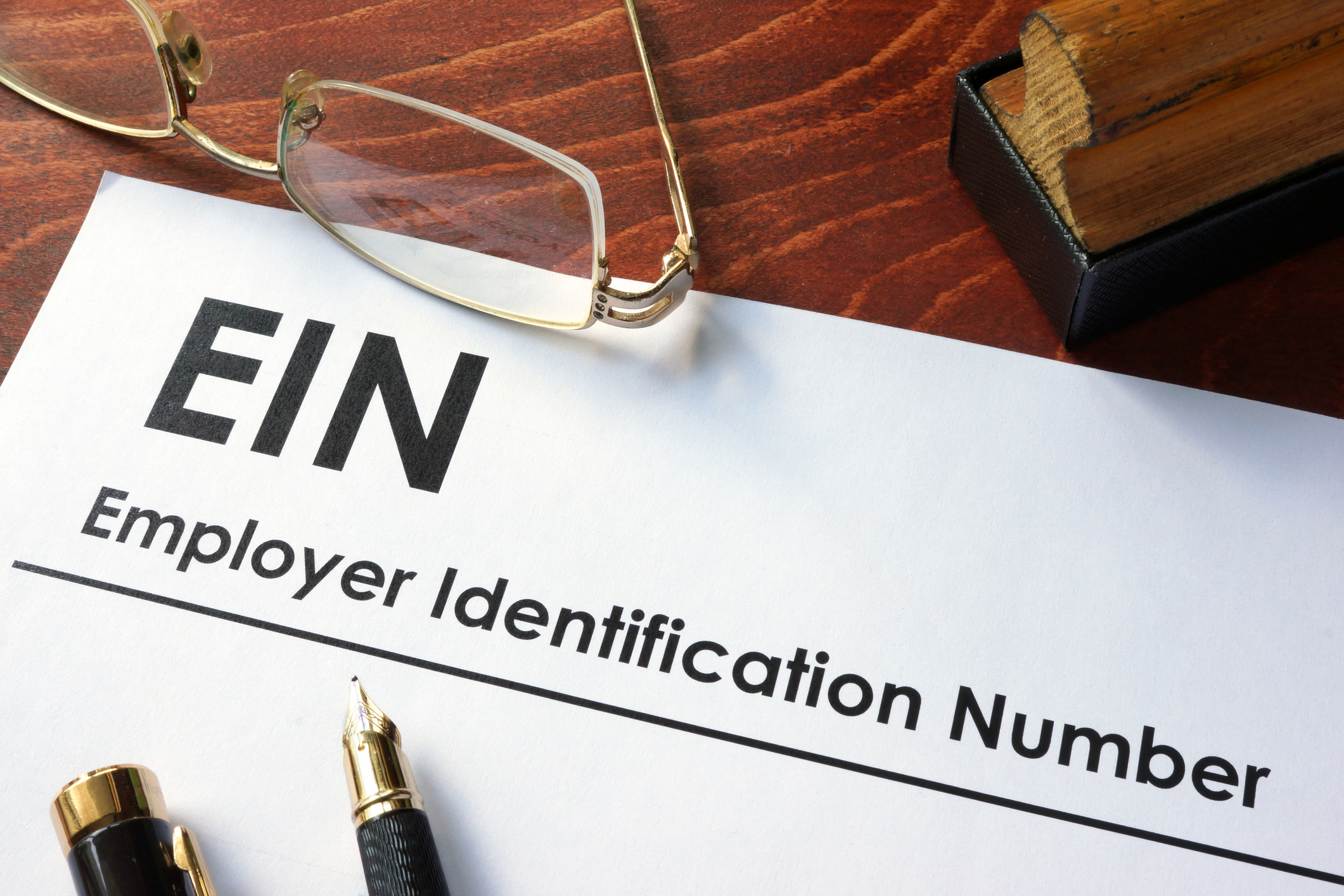Starting a New Business: Getting an Employer Identification Number (EIN)
Starting a New Business: Getting an Employer Identification Number (EIN)
After a business founder establishes a new business entity, in most cases they will need to obtain an Employment Identification Number (EIN) in order to begin operation of the business. An EIN enables a new business to interact with the government, financial institutions, and other businesses. Although the Internal Revenue Service (IRS) only mandates EINs for certain business entities (e.g., partnerships and corporations), any business can obtain one. For more details on each entity type and their requirements, see my previous post: “Starting a new business: Deciding the type of business entity to establish.”
Tax Identification Numbers
The IRS uses Taxpayer Identification Numbers (TIN) to identify individuals, businesses and other entities for tax purposes. Among the multiple kinds of TINs, the most prevalent ones in a business context are the Social Security Number (SSN) and the Employer Identification Number (EIN). An SSN is issued to individuals by the Social Security Administration, and an EIN is issued to individuals (e.g., sole proprietors) and other business entities (e.g., partnerships and corporations) by the IRS.
Businesses That Need An EIN
A business needs an EIN if any of the following apply:
- It has one or more employees
- Operates as a partnership
- Operates as a corporation
- Files any of these tax returns: employment, excise, alcohol, tobacco or firearms
- Has a Keogh plan (A Keogh plan is a tax-deferred retirement plan available to self-employed individuals or unincorporated businesses).
- Withholds taxes on income, other than wages, paid to a non-resident alien, or
- Is involved with certain types of organizations, including, but not limited to: trusts, estates, non-profit organizations, real estate mortgage investment conduit, famers’ market cooperative, or plan administrators. For more information, see “Do you need an EIN?”
Benefits of an EIN
There are multiple benefits to obtaining an EIN for your business—even if it is not required:
- Separation of Personal and Business Finances: For sole proprietors, limited liability companies, and other business entities, it is important to keep business and personal assets separate. By using an EIN on business-related documents, it helps to create a clear distinction between business and personal transactions.
- Opening Business Bank Accounts and Securing Business Loans: Many banks require an EIN to identify a business before offering to open a business bank account and/or providing a business loan.
- Hiring and Paying Employees: For a business to hire and pay W-2 employees, the IRS requires an EIN to report wages and withhold taxes.
- Protection from Identity Theft: Providing an EIN instead of an SSN for business purposes can reduce the risk of identity theft. This is especially relevant for sole proprietors or other individuals who are frequently required to provide their SSN for business transactions.
- Compliance and Tax Filings: Many businesses secure an EIN to remain compliant with IRS regulations and file their federal tax returns.
As business attorneys, we assist business owners at every stage of ownership, offering guidance in selecting the best entity, drafting customized governing documents, and providing ongoing business counsel. We can help you navigate legal complexities so you can focus on growing your business.

Elizabeth Bowery
Latest Posts
My dad needs a guardian, but he won’t go to the doctor. What should I do?
In Maryland, the law requires that a person seeking guardianship of an alleged disabled person present two certificates signed by qualified health...
Starting a New Business: Getting an Employer Identification Number (EIN)
Starting a New Business: Getting an Employer Identification Number (EIN) After a business founder establishes a new business entity, in most...
